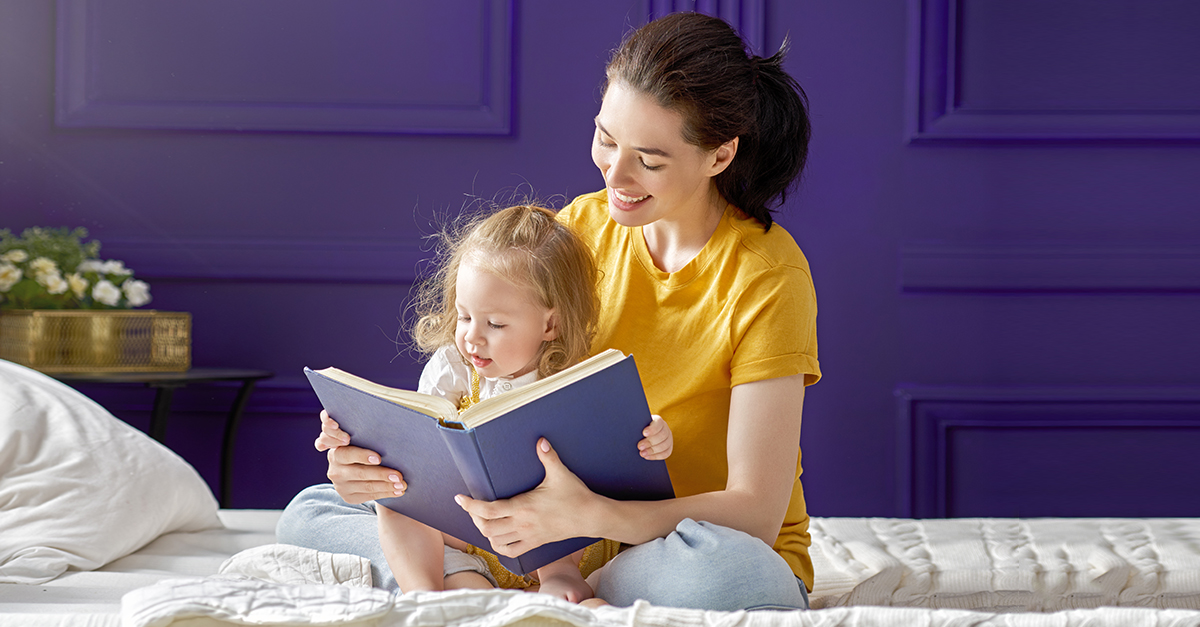
In her keynote at the National Summit 2014, Amanda Ripley shares a story about receiving an automated call from the school principal:
“Wednesday is Chipotle night. Go to Chipotle and if you buy a burrito, ten percent will go to the school.”
Amanda gets the call and says, “Oh alright. I’ll put it in my calendar because education is important so I got to do this.” So Amanda goes to Chipotle and there’s a line of 500 people stretching around the corner which means a 45 minute wait in the sweltering humidity. And when she gets home, Amanda collapses on the couch.
“Do you think I read to my kid that night?” Amanda asks.
Amanda goes on to report on a 2008 study of thirteen countries that found that the more time parents spent on PTA meetings and extra-curricular activities, the worse the kids did on a test of critical thinking and reading even after controlling for socio-economic differences.
That same study found that the more time parents spent reading to their kids and asking them questions about their day, talking to them about movies, books, TV, the better the kids did on a test of critical thinking and reading, even after controlling for socio-economic differences.
Read to Your Children
Research such as the study presented by Ripley clearly demonstrates that reading to children leads to high academic achievement. Parents, when you read to your kids, ask them questions like, “Why do you think Little Boy Blue is sad?” and “What do you think will happen next?” This guided conversation about what you are reading helps children learn to think through what is being read.
Parental involvement in education need not (and should not) end at the onset of adolescence.
In her book The Smartest Kids In The World, Ripley shares how talking with adolescents about current events, the movies they are watching, the books they are listening, etc., also leads to great gains in the areas of critical thinking and reading.
American parents often function as cheerleaders, chanting “you can do it” and “great job” and “you’re a winner.” While encouragement is important, the research shared here suggests that parents should operate more as coaches, praising hard work and achievement, facilitating growth, and providing stimulating challenges to encourage development.
3 Types of Parenting Styles
Ultimately though, the message to be proclaimed here is that parents need to be hands-on. There are three generally recognized parenting styles:
1) Permissive Parenting
Permissive parenting is hands-off, everything goes. Parenting experts say that this style does not provide children with needed structure.
2) Authoritarian Parenting
The second parenting style is authoritarian: completely hands-on, controlling, rigid and harsh. Experts say this style can be detrimental to a child’s social and academic development.
3) Authoritative Parenting
The third style, authoritative parenting, is the sweet-spot: hands-on, but leaving room for autonomy; structured but flexible rather than rigid; involved but not controlling.
When it comes to child development, authoritative parenting can serve as the catalyst for dramatic, positive growth. Amanda Ripley’s encouragement to parents is that you don’t have to be a genius to have a tremendously positive influence on your child’s development. Reading aloud to young children and having open and thought-provoking conversations with your teens are a form of involvement that is attainable and immensely beneficial. Remember, that attachment bond between you and your child will serve as the scaffolding that lets your child successfully develop through the stages of life and achieve their full potential.




Ah, reading aloud and talking while making dinner lead to the greatest gains! How…dragonish! 🙂 Love the blog, loving Math-U-See!